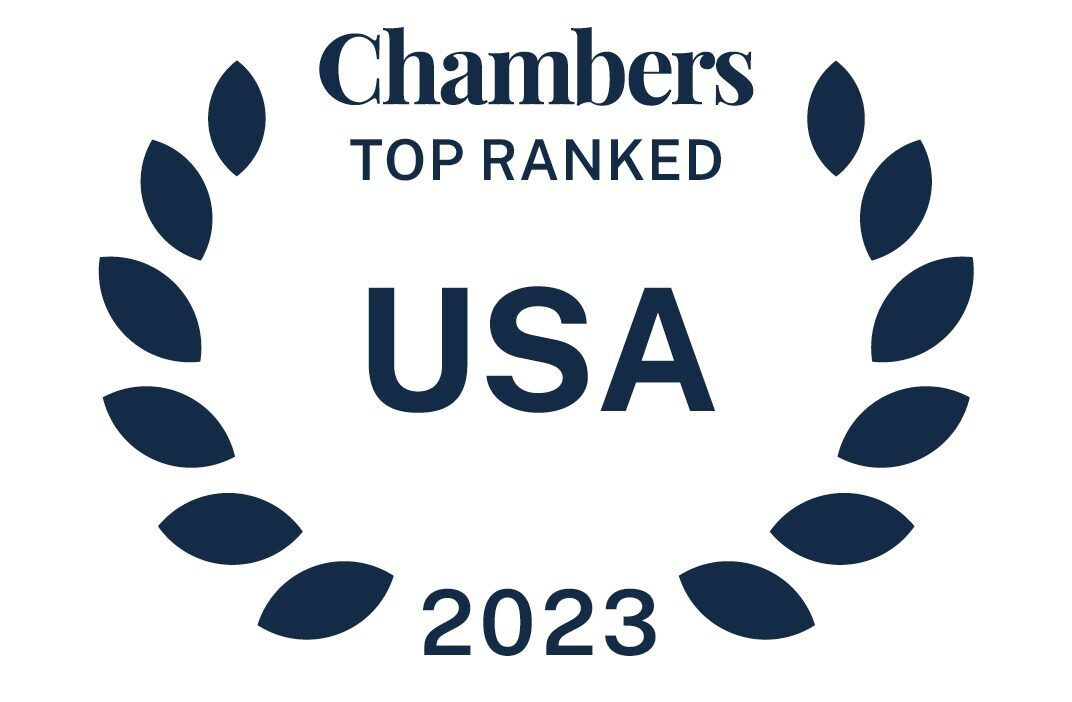Digital health is experiencing a boom in investment as the regulatory environment becomes more supportive of digital health services. But as companies seek to make the most of their funding and protect the innovations that drive their product, it is imperative that they protect their intellectual property from being copied or duplicated by others in the market.
What exactly is IP?
Intellectual Property (IP) is generally non-tangible property. You can hold your laptop in your hands or you can stand on a piece of land — those are both tangible examples of property. Intellectual property cannot be physically held or touched. Protections available for intellectual property generally break down into one of four areas: patents; trade secrets, trademark, and copyright.
Patent protection offers an additional layer of protection for digital health solutions compared to copyrights. For example, a company may be eligible for a patent if it has innovated a new approach to identifying data, a new approach to storing data more efficiently, or a new approach to the data structure itself—those are all ways where innovations could be patentable and help extend protection around data.
How does IP apply to data?
If, in a digital health patent application, a company focuses on innovation for a computer-specific problem—such as keeping data private, keeping data secure, de-identifying data—that is usually a homerun argument to the patent office for crossing the first threshold of eligibility for patenting.
This is one of the few areas where the patent office has made it clear that these ideas and invention types are considered patent eligible. Thereafter, of course, remains the traditional challenge of getting a patent, which is to prove that no one before you has invented what you’ve invented. But lately, in the digital health space, that challenge seems to be less difficult to overcome compared to the eligibility challenge.
How to protect IP
At the end of the day, it’s important to file a patent application as quickly as possible if your company has an idea it wishes to protect. First and foremost, if you publicly disclose your idea, meaning if you make it available or accessible to someone outside of your organization without (for example) a non-disclosure agreement, then you start a one-year clock by which you have to file a patent in the United States. As soon as that one-year timeframe expires, you lose your rights to file a patent application on that idea in the United States.
In most regions outside the United States, you lose all rights to file a patent on an idea once you publicly disclose it. So before sharing an idea—whether it’s an offer for sale to a potential customer, a presentation at a conference, a demonstration to someone, or even uploading a video as marketing material—consider that those are all generally considered public disclosure.
If cost is a concern, initially filing a complete and detailed patent application is not required. Parties can instead file a provisional patent, which can take the form of a one page summary of your idea, and it is typically much less expensive (i.e., time consuming) to have a provisional patent application prepared. Particularly when seeking a collaboration partner or investor, keep in mind that health systems and other potential investors or partners will want to know what steps have been taken to protect the intellectual property and the confidentiality of the information. Often they will ask if you have filed any patent applications and if you used nondisclosure agreements with your potential partners or investors.
Digital health is an exciting space for solutions that can improve patient care, communication with and among providers, quality of life, access to care and many other aspects of the healthcare system. Digital health innovators should proactively work to protect their potentially industry-changing solutions so they have the means to build upon their work.
For a deeper dive into IP protections in digital health, listen to our Of Digital Interest podcast, Protecting Your Technology: IP Considerations in Digital Health.



